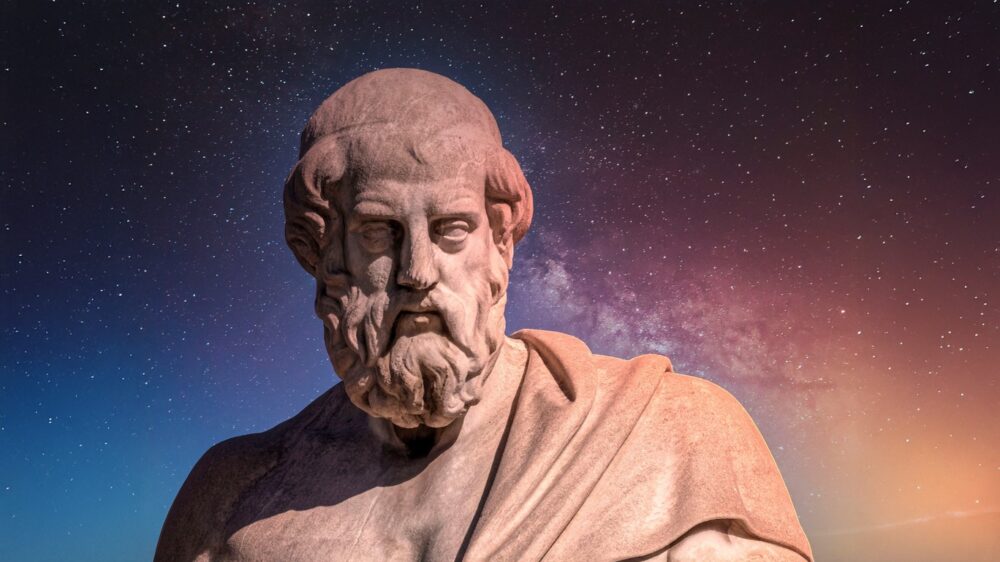

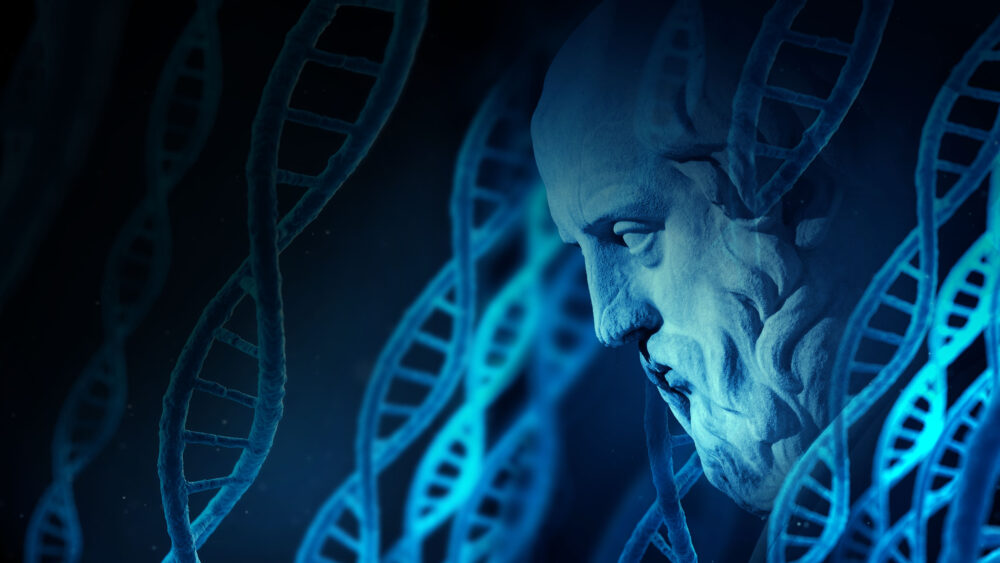
Plato’s Revenge: An Interview with David Klinghoffer
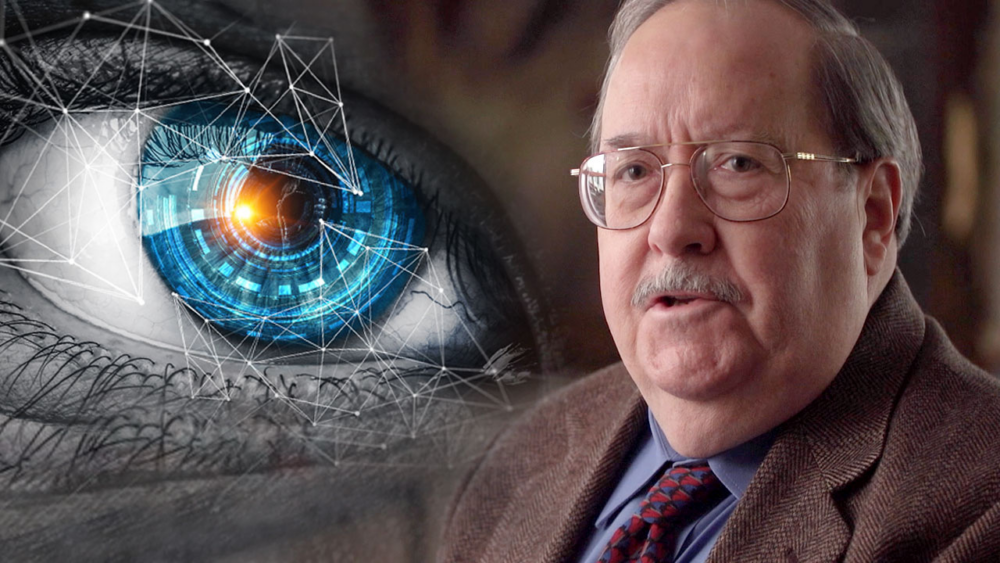
A Celebrated Life: Colleagues Remember Dr. Jonathan Wells
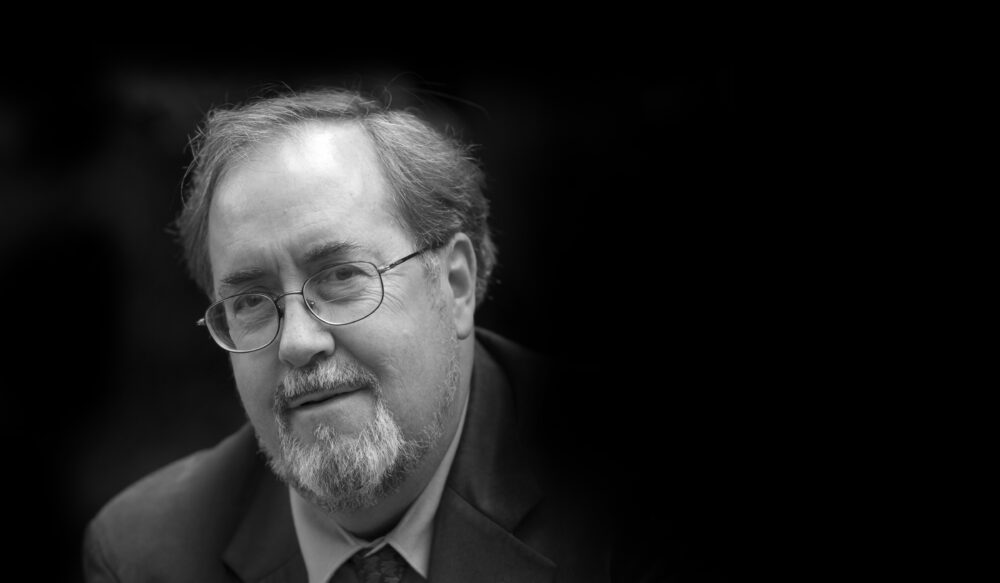
Humility and Humor: Richard Sternberg Remembers Jonathan Wells
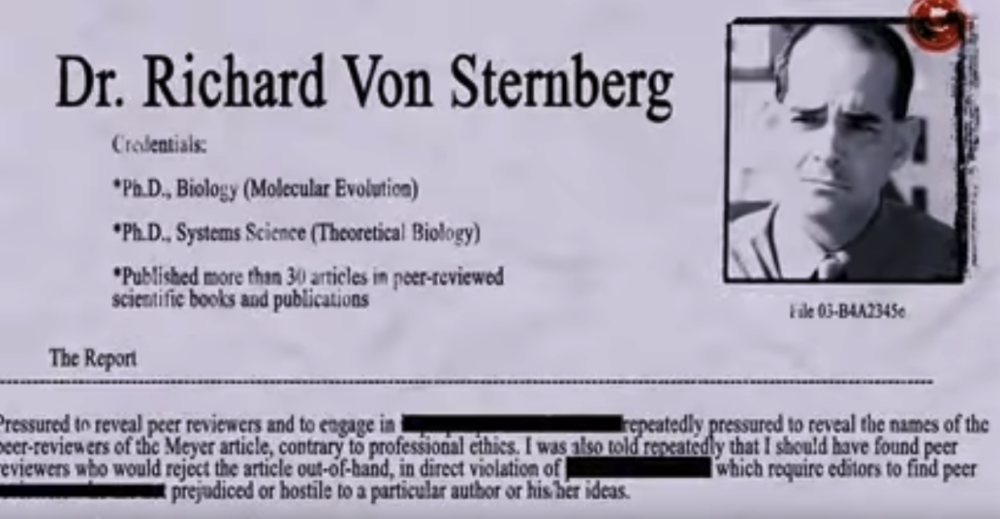
Progress Since the Sternberg Smithsonian Saga 20 Years Ago

Ann Gauger on Her New Book, God’s Grandeur: The Catholic Case for Intelligent Design
Today’s ID the Future spotlights the richly stimulating new book, God’s Grandeur: The Catholic Case for Intelligent Design. Edited by biologist Ann Gauger, the anthology explores the evidence for intelligent design from a Catholic perspective, with contributions from an impressive range of Catholic scientists, philosophers, and theologians, including Gauger; internationally renowned paleontologist Günter Bechly; philosopher Jay Richards; molecular biologist Michael Behe; Rector of the European University in Rome Fr. Pedro Barrajón, LC; Aquinas and Evolution author Michael Chaberek; philosopher J. Budziszewski; professor of neurosurgery Michael Egnor; and noted Dante scholar Anthony Esolen. Listen in as Gauger gives a quick flyover of the book’s content, tells how she found her way into the intelligent design fold, and explains why Catholics should Read More ›

The Gollum Effect in Science, from Tycho Brahe to Today
On this ID the Future, host Andrew McDiarmid sits down with historian and philosopher of science Michael Keas to discuss a recent article at Times Higher Education, “My Precious! How Academia’s Gollums Guard Their Research Fields.” The article looks at how scientific progress is being impeded by a culture in which scientists jealously guard their research instead of sharing it. Keas says the problem seems to have gotten worse in recent years but isn’t a new one. He illustrates with the story of Tycho Brahe and Johannes Kepler. Brahe, a sixteenth-century Danish astronomer, sat on his astronomical research for years, rather than sharing it with Johannes Kepler, his assistant. Kepler only got hold of it when Brahe died unexpectedly shortly Read More ›

Intelligent Design: The Canary in the Cancel Culture Coal Mine
On this episode of ID the Future, Rob Crowther speaks with David Klinghoffer, editor of Evolution News and Science Today, about contemporary “cancel culture” that’s attempting to push disfavored ideas and people out of the public square, and how the cancel-culture phenomenon struck intelligent design long before cancel culture was a household term. The term — and the movie title — more commonly used in ID circles has been “expelled.” It’s happened to Richard Sternberg, Günter Bechly, Douglas Axe, and other ID-friendly researchers, to the point that many ID-sympathizing scientists have to hide their beliefs to protect research funding and careers. Klinghoffer emphasizes that this isn’t just a debate off in the corner. Rather, ID is a “hard-core truth,” meaning it’s one of those on Read More ›

ID and the CSC Summer Seminar: Transformative
On this episode of ID the Future, host Emily Kurlinski interviews “Mary,” a PhD biochemistry student who tells about her experiences at the annual Center for Science and Culture’s summer seminar program in Seattle, and how her relationships there developed into a community of friendship, professional connection, and support. What about the charge that ID is a “curiosity killer,” tempting scientists to answer every natural mystery with a shrug and a “God did it”? Mary says ID had just the opposite effect on her. Her pro-design perspective actually led her to choose a career in research, and the conviction that nature is a meaningful and purposeful affair makes her more eager and optimistic about uncovering deeper layers of order and Read More ›
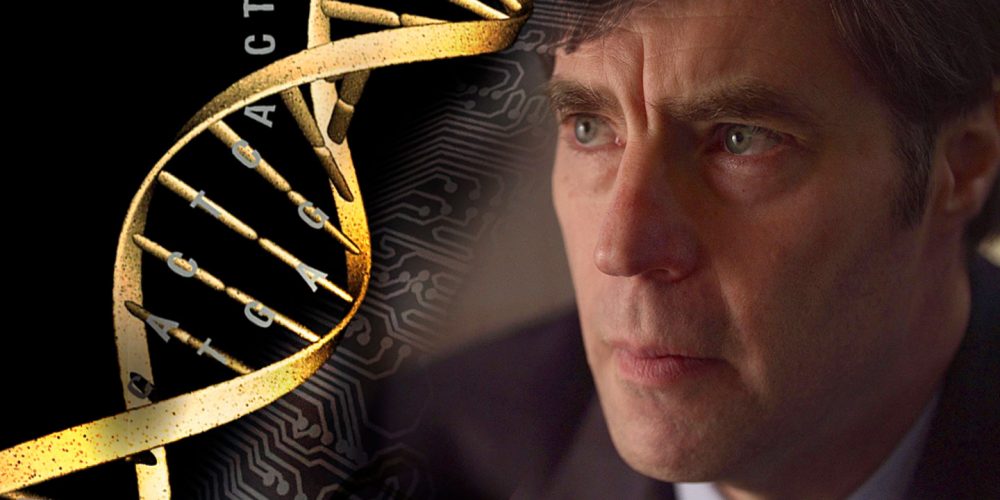
Stephen Meyer Introduces His New Course on Intelligent Design
On this episode of ID the Future, bestselling author and Center for Science and Culture director Stephen Meyer introduces an exciting and informative new Discovery U video course, “Stephen Meyer Investigates Scientific Evidence for Intelligent Design.” Here he sets the stage by recalling a few times when ID made national news headlines, sometimes with Meyer right in the middle of the controversy. He also addresses some of the questions generated by these dustups: Is ID faith-based or science-based? Did the earliest scientists follow ID principles or did they avoid them, as one state education commissioner claimed. And why did two highly regarded research scientists get expelled from their museum positions, and were the expulsions justified?